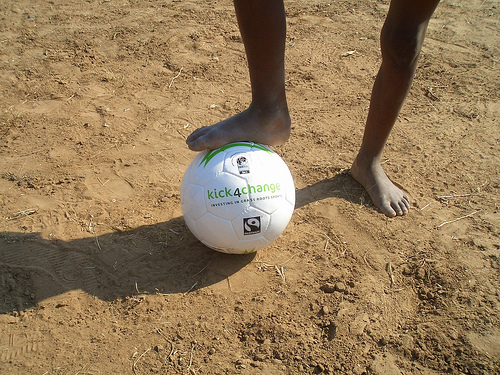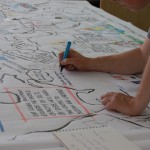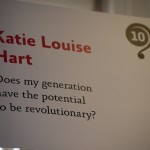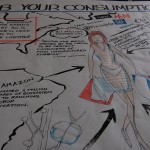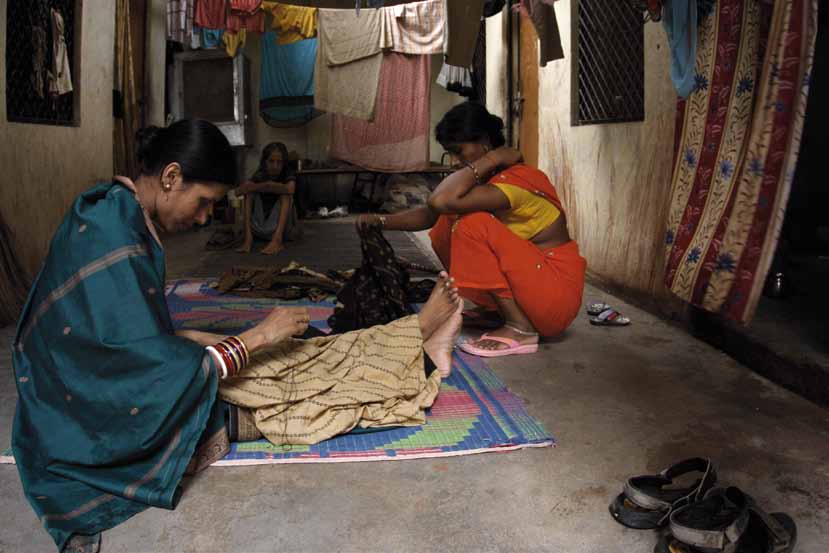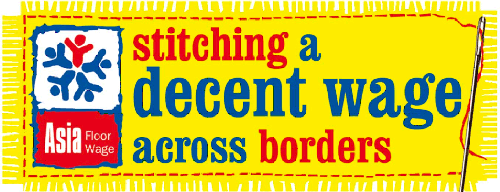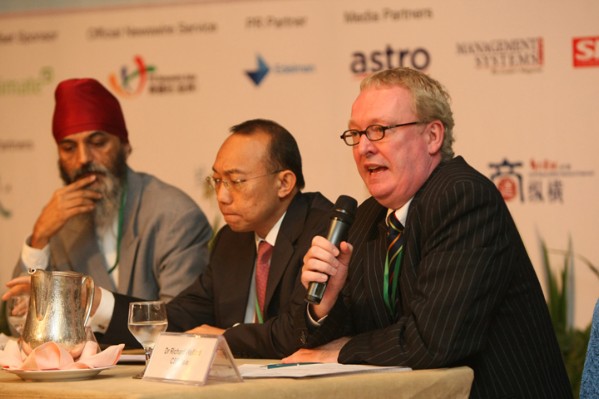
Panel Disucssion: Karamjit Singh (Editor, The Edge), Dato’ Yusli Mohammed Yusoff (Chief Executive Officer, Bursa Malaysia) and Richard Welford ( Chairman CSR Asia)
27th-28th October 2009 CSR – Asia held its 7th summit “Sustainable Business as the Road to Recovery” in Kuala Lumpur, Malaysia on the most cutting edge CSR issues facing businesses in these turbulent times of trading.
As I came to the conference with a fashion background, with knowledge of the direct implications CSR has on the textile and apparel industry, my perspectives and knowledge was over the course of two intense days challenged and greatly advanced.
I therefore want to share with you some of the main topics and issues which were discussed throughout the summit.
Richard Welford, Chairman of CSR – Asia kicked off the summit by highlighting what the recession has meant for CSR.
He started out by stating that “as many business leaders as well as other stakeholders and the general society assumed that the “trend” of ethical business practises would subside as a result of the recession they were wrong! As it is now is more relevant than ever”.
He supported this by explaining how the recession has put a stronger focus on irresponsible business practises, which has resulted in consumers now demanding and expecting companies to take responsibility for how they make their money with transparency being key.
CSR is also stronger than it was a year ago there has been budget increases within some CSR departments. However others have seen cuts in accordance with other departments as businesses have been hit by the recession.
Further Richard announced the publication of Asian Sustainability Rating™ on www.csr-asia.comwhich provides an indepth assessment of CSR related disclosure of 200 of the largest companies across ten countries in Asia.
In the panel discussion which followed where Richard Welford, Dato’ Yusli Mohammed Yusoff (Chief Executive Officer, Bursa Malaysia) and Karamjit Singh (Editor, The Edge) agreed that CSR will determine the winners and losers in the aftermath of the recession. A W recovery was predicted which was underpinned with the importance of companies looking internally for their competitive edge to enhance their brand reputation.
One issue, which was a coherent throughout the whole summit, was the importance of stakeholders.
Richard concluded the panel discussion by specifying “You cannot do CSR without stakeholder engagement and community investment”.
Terence Lyons from Augure held a session on the future of stakeholder engagement. He stressed the importance of identifying your stakeholders within your value chain through an actionable framework. Further he provided a model of how to convince board of directors to provide recourses to CSR. One has to have a compelling story, position the big picture and then tie the big picture.
Ever heard about naked CSR? Well I had not, or at least until Ashley Hegland from Edelman explained the power and influence of viral marketing. As our generation is far more exposed to and engaged in opportunities of social media such as Facebook, Twitter, Youtube, blogging ect the slightly older generations (which normally are CEOs) are now identifying the potential and opportunities which the interactive media can have on their businesses.
Viral marketing is a great tool for companies to use to engage stakeholders with their CSR practices.
I was lucky to meet Allison Murry, former Head of Responsibility at T-Mobile which explained how T – Mobile created an interactive website where:
We want your help to design new mobile applications that will help tackle a social or environmental issue we all care about.
Everyone can get involved by helping us choose the issues to focus on and share ideas for mobile applications. We then look into turning the ideas into mobile apps that will be launched for people to use that have a real impact.
Allison then told me about the first application they launched which was the:
Recycle Guide – save time, money and help the environment with our new mobile app
By using the Recycle guide you can discover where and when you can recycle within the UK. For more information visit http://thespark.t-mobile.co.uk/about/our-mobile-apps.
A great initiative – and an inspiration for others to think outside the box!
The issue of transparency and governance was quite engaging as to how this allow for better risk management and therefore will enable companies to identify their ESG risks. David Smith from RiskMetrics Group explained how adopting transparency would protect companies against “swimming naked when the tide goes out”. He also stressed the importance of this, as investors’ now wants to know the good and bad of a company’s CSR performance.
This was just a very brief summary of the summit and some of the key points which I took from it. However when I get the rest of my notes in order I will post another post with some further thoughts and ideas which was discussed.
Finally I would just like to thank CSR Asia for hosting such a inspiring and challenging summit and if anyone gets the chance to go next year when it’s held in Hong Kong – I would strongly recommend it!
Source: T-Mobile, CSR – Asia Summit 2009

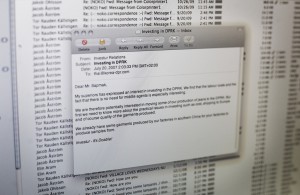


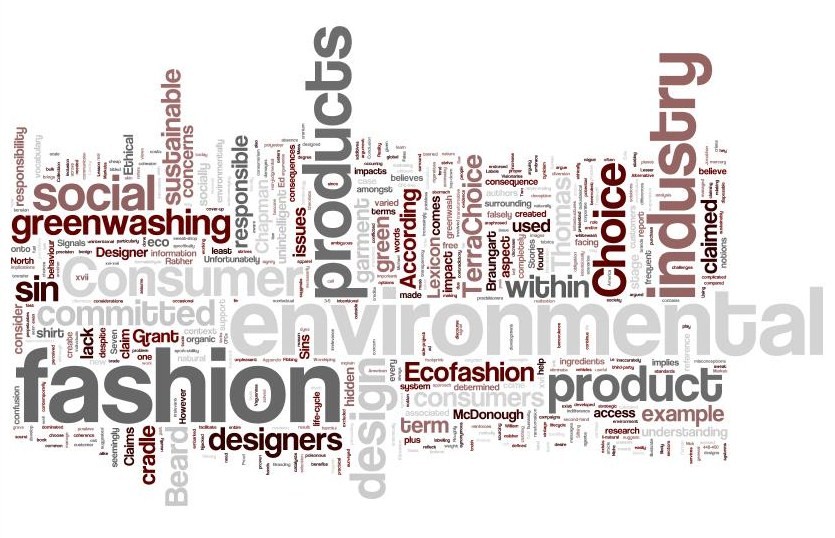 This lesson introduces the following concepts: consumer choice, designer choice, the ‘Ecofashion Lexicon,’ greenwashing, unintelligent design, and cradle to cradle design theory. For more information on these issues, please visit the ‘Works Cited’ page at the end of the lesson.
This lesson introduces the following concepts: consumer choice, designer choice, the ‘Ecofashion Lexicon,’ greenwashing, unintelligent design, and cradle to cradle design theory. For more information on these issues, please visit the ‘Works Cited’ page at the end of the lesson.